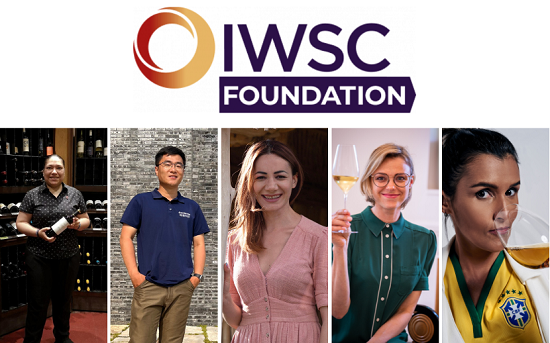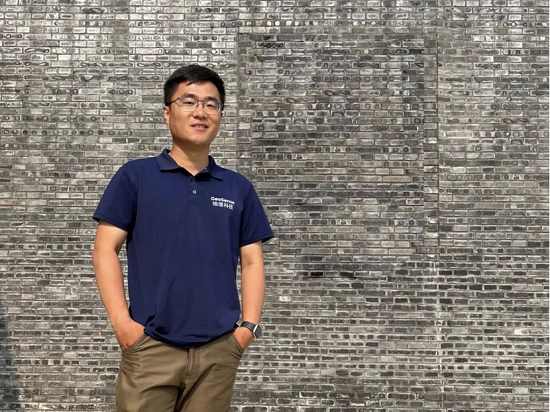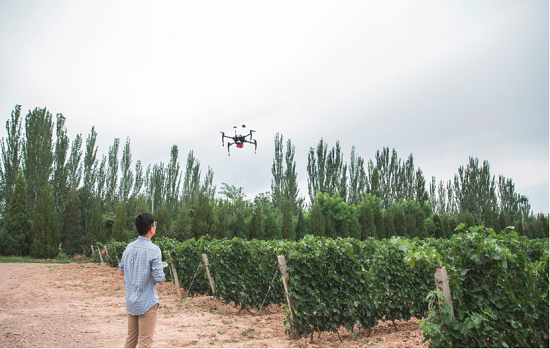According to the Institute of Masters of Wine (IMW), five students in the first phase of the wine master program have been awarded scholarships from the International Wine & Spirit Competition (IWSC) Foundation and a cash prize of 5,000 pounds per person. Hu Xinhao, a young man from Ningxia, was among the recipients of this scholarship.

The five students who are awarded the scholarships by IMW [Photos provided by the management committee of the wine industry park at the eastern foothills of Helan Mountain in Ningxia]
IMW is an international wine organization with an excellent reputation as it aims to promote the global wine industry. For nearly 70 years, its members have been at the forefront of leadership and expertise in the wine industry. At present, their members are 496 wine masters, including winemakers, sommeliers, traders, journalists, shippers, consultants, grape growers, scholars, and educators. The IWSC Foundation is part of the international support group of IMW.

Hu Xinhao, coming from Ningxia, is one of the five students awarded the scholarships [Photo provided by the management committee of the wine industry park at the eastern foothills of Helan Mountain in Ningxia]
"Wine master is one of the highest-level qualifications in the wine field. This year, I began to study this course, hoping to make more contributions to the production, cultural communication and sustainable development of wine and spirits. Fortunately, after fierce competition, I am awarded scholarship support, which is a recognition of my work and achievements in technology enabled wine field," said Hu Xinhao, who decided to choose the grape cultivation and brewing subject as his postgraduate program. A set of grape water status monitoring platform which he developed has been applied in many wine-producing areas in Australia.
In the past two years, Hu's team has developed a method based on infrared thermal sensor technology to directly observe the water status of grapes, replacing the original soil or microclimate data used for speculating. This way, people are able to know the accurate time to irrigate and how much water is needed. After two years of practical testing, the water-saving irrigation strategy adopted by Hu’s team not only improves the quality of grapes, but also saves water. The data shows that comprehensive water saving in vineyards can reach 40% by adopting the irrigation strategy.

The vineyard in Ningxia [Photo provided by the management committee of the wine industry park at the eastern foothills of Helan Mountain in Ningxia]
Hu's team has achieved a number of intellectual property rights and developed a comprehensive set of smart vineyard solutions to provide the wine industry with an information-based, digital and intelligent management system. The three modules of the management system provide users with real-time monitoring and historical tracing of meteorological, soil, plant growth information, farming records, and other data information. It can also provide analysis and decision-making services. Many wineries in Ningxia, Shandong, Hebei and other production areas have adopted this system, achieving the goals of improving grape quality, resource conservation, environmental friendliness, and efficient management.
In 2020, Hu Xinhao was selected into the "top young talent training project in Ningxia Hui autonomous region". In 2022, he achieved the title of "China's new wine grape grower" from China Wine Association, and was rated as the "innovation expert" of Ningxia enterprises. "I will continue to strive to make scientific and technological innovation, promote the deep integration of wine industry and information technology, and contribute to the prosperity of wine industry," Hu added.